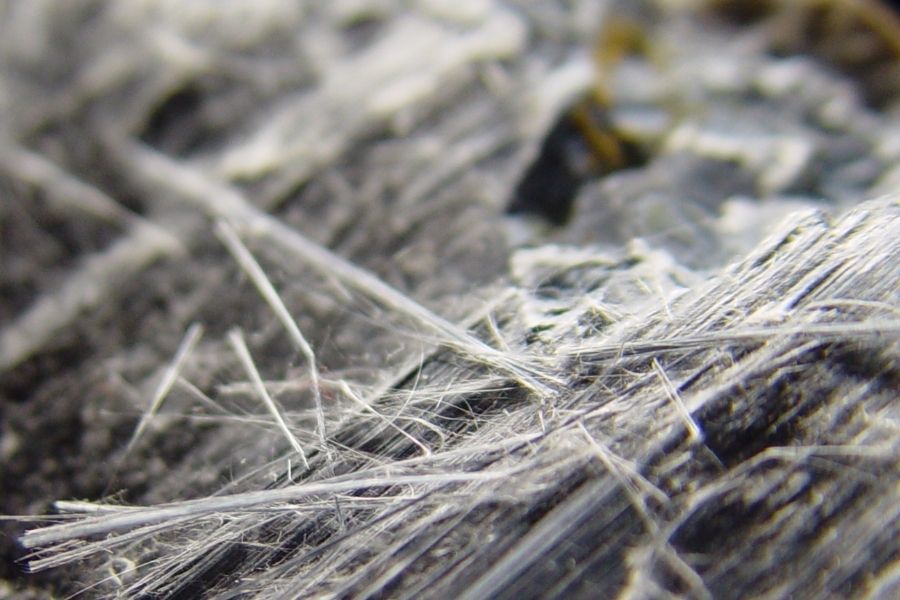asbestos-teletest-analytika
Determining and characterizing asbestos in materials and work atmospheres already has its first accredited: Teletest Analytika

ENAC has granted new accreditations in the field of indoor health to the Analytika Teletest Laboratory, becoming the first accredited body for the detection and characterization tests of asbestos in air and materials, using two techniques: scanning electron microscopy (SEM-EDS) and polarized light microscopy (PLM).
Aspirated asbestos is directly responsible for the development of malignant tumors, such as pleural mesothelioma, lung carcinoma or pulmonary fibrosis which develop many years after exposure to asbestos without being directly related to the amount breathed in. For this reason, any type of exposure must be controlled, as explained by Josep Mª Mestres Alomar, Director of Quality at Teletest: “Only by ensuring the total absence of asbestos in the air we breathe, can we eliminate the risk of developing asbestos-derived lesions. To control the presence of asbestos in our environment, the materials suspected of containing this component must be known and analyzed. In some of them, such as fiber cement, it is easily identified with the optical microscope, but, in others such as tiles or paints, it is necessary to assess them with the PLM electron microscope. The SEM-EDS electron microscope gives us a total guarantee in identifying the type of asbestos, since it determines both its asbsestiform morphology and its chemical composition and makes it easier to detect it in very small quantities of samples”.
Given the importance of these tests, the Quality Director explains the value of having accreditation for the laboratory: “After 15 years conducting asbestos studies in our laboratory, investing in the best available technology including a spectrum scanning electron microscope for compound identification (SEM-EDS), it was decided that accreditation was necessary for the results to be recognised in order to be able to compete against other European laboratories. In this sense, accrediting tests in a laboratory means a great effort on the part of the team in each of the processes, which improves the results and provides safety and their recognition”.
He also highlights how accreditation has become a requirement and necessity for the market: "More and more customers establish in their protocols the requirement to work with an accredited laboratory. Also, the social and legal responsibility of a study of this type requires the need to carry out accredited tests. Our country has yet to identify and eliminate asbestos present in many facilities, so the accreditation of the tests is necessary to provide safety”.
Accreditation at the service of asbestos inspection
In Spain, Spanish legislation requires asbestos materials to be identified, and to carry out the necessary preventive measures and actions plans to conserve them and, when the time comes, to eliminate them.
To achieve these objectives, the UNE 171370-2 standard, recently published by UNE, establishes a standardized inspection procedure to determine the presence of asbestos and its state of conservation, and limits the scope of inspection according to the purpose of the diagnosis, either for managing it, when it remains in use, or for removing it during renovation work.
In this sense, ENAC has developed an accreditation scheme in accordance with the UNE-EN ISO/IEC 17020 standard for asbestos inspection according to the criteria established in the UNE 171370-2 standard, and these new accreditations will allow Teletest Analytika to serve future accredited asbestos inspection bodies.Accreditation News
Accreditation News is published quarterly and sent to organizations and to people who have asked to be included on its mailing list.
Would you like to receive a free copy of Accreditation News? Subscribe here.

